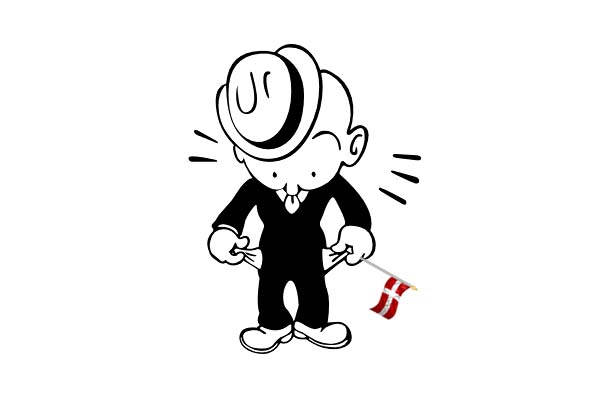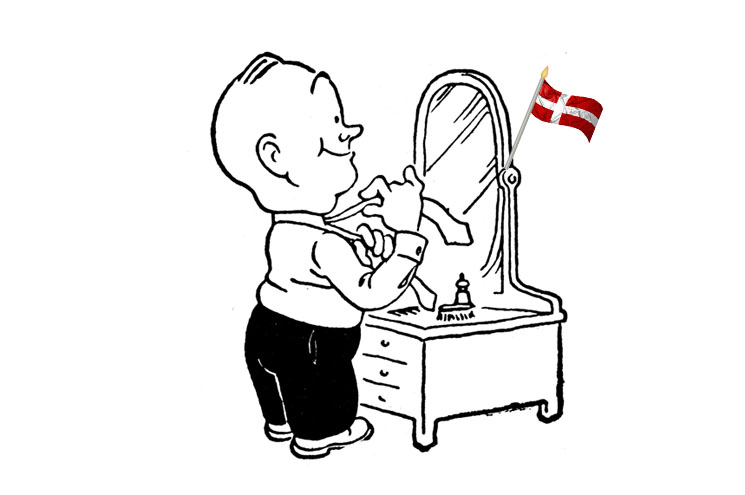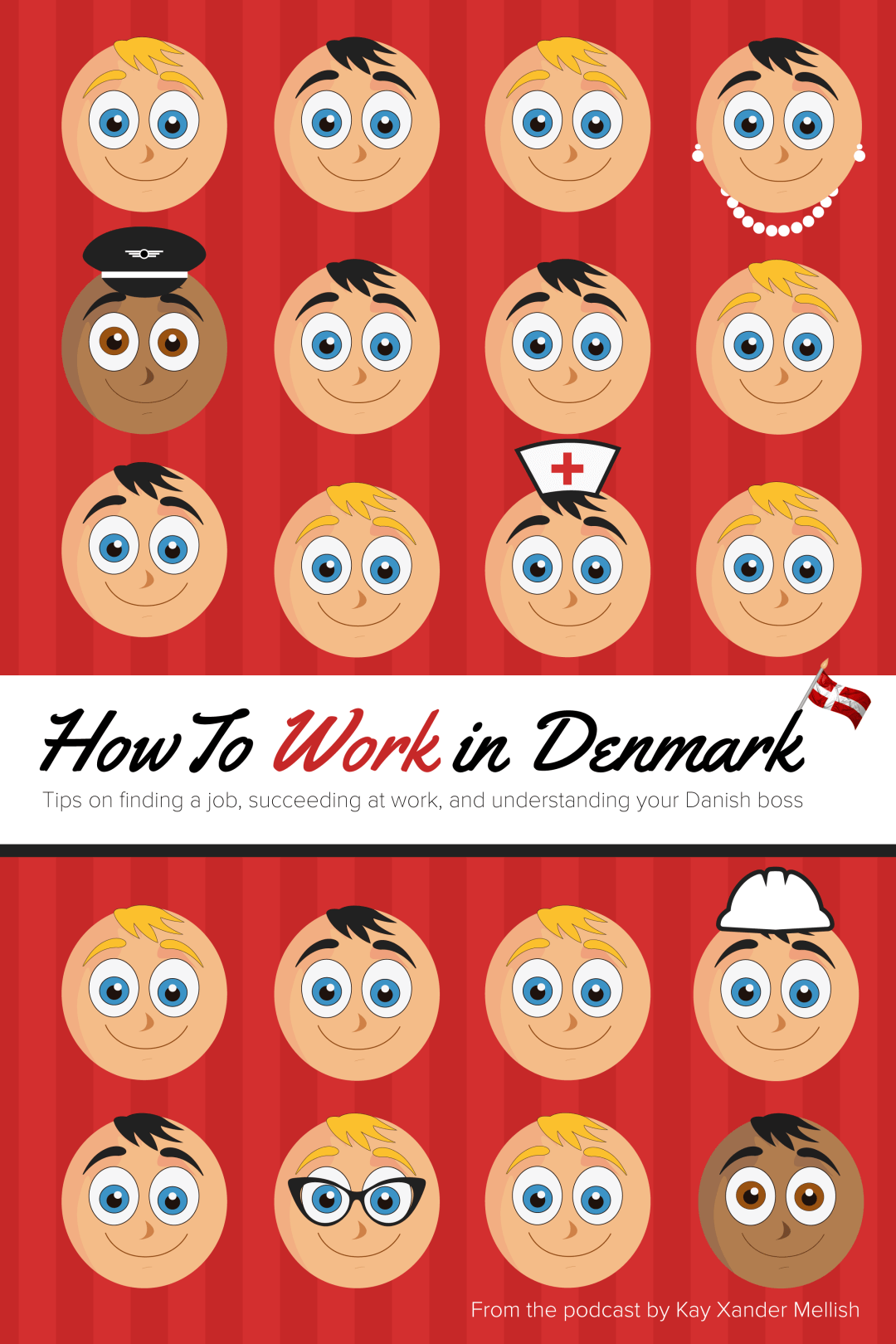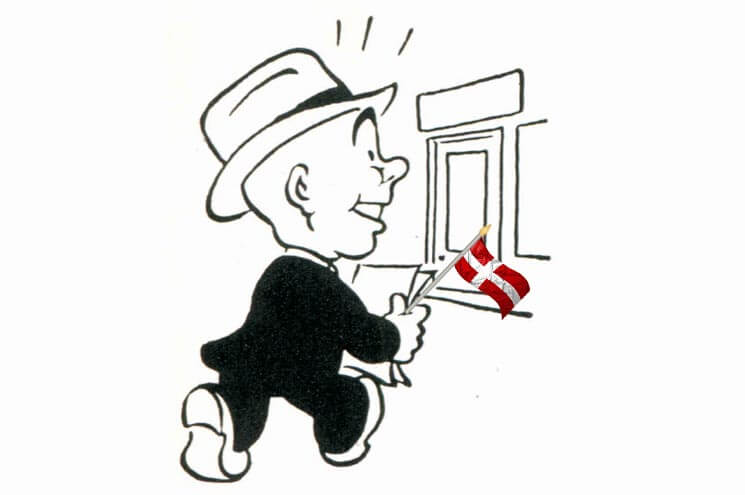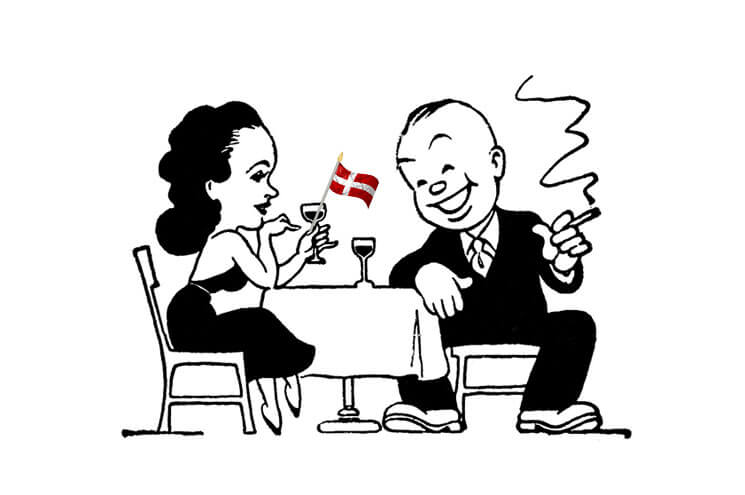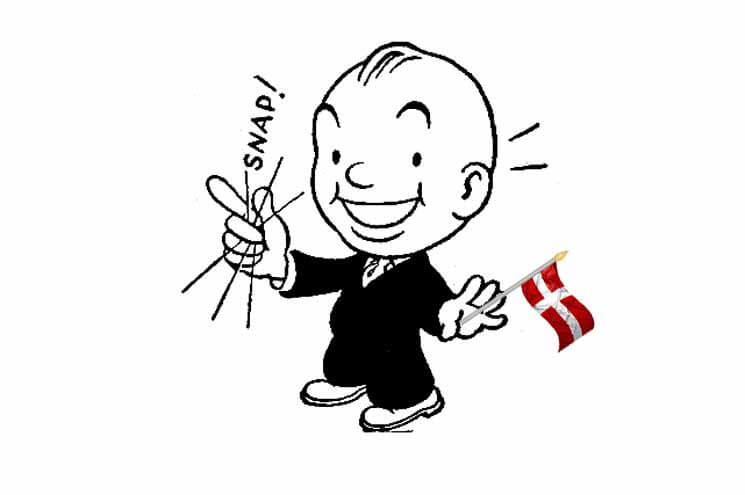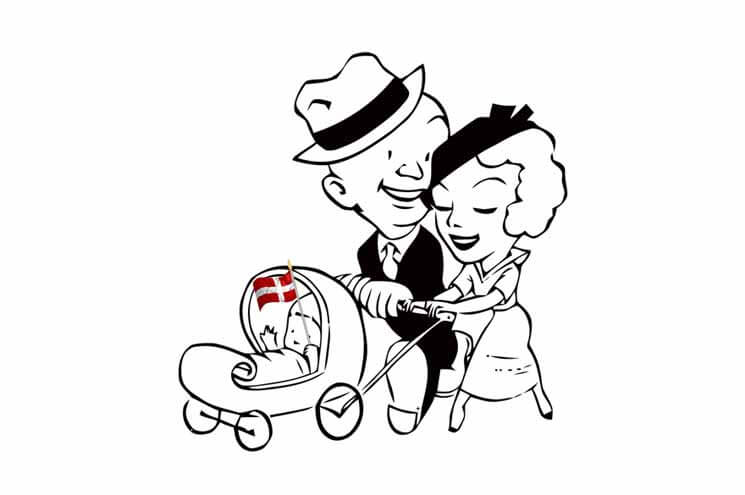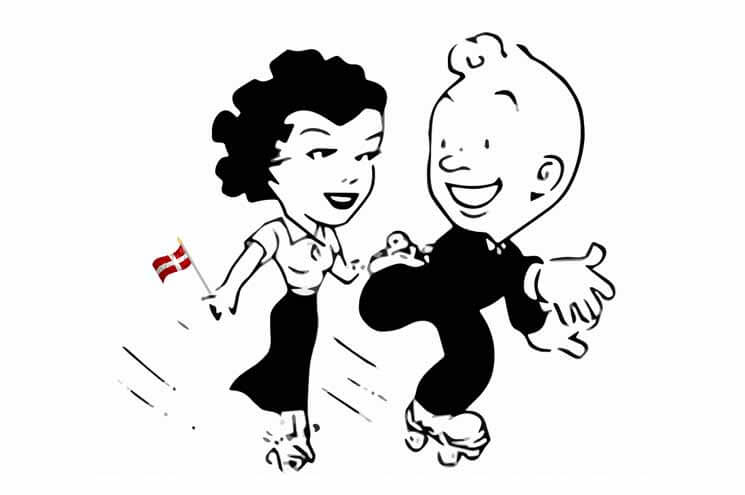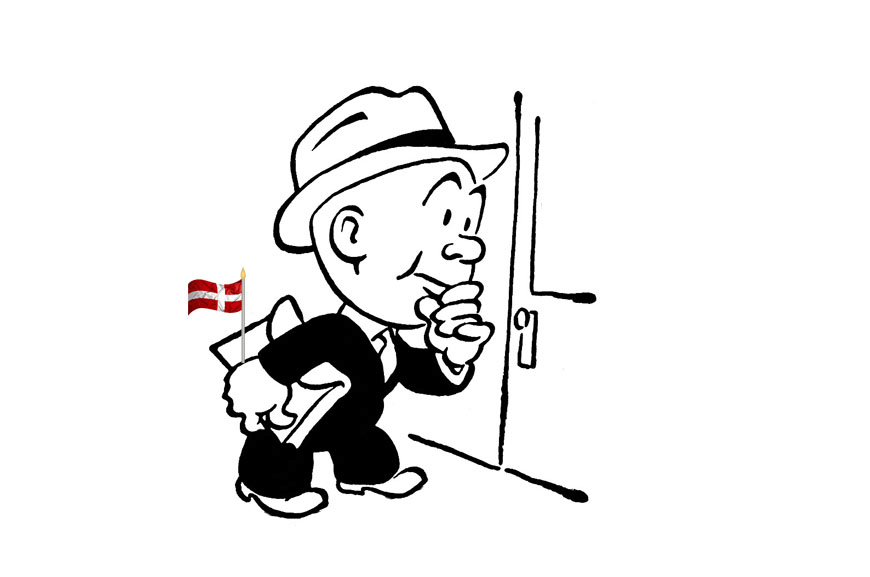When you get your first pay slip from a Danish company, the first thing you’ll probably notice is how small it is. What you thought would be your income in Denmark will have been diminished by Denmark’s world-champion income taxes.
Understanding your Danish taxes can be tricky, however, because they are divided into so many different parts.
Understanding your Danish taxes
The most important two lines on the pay slip are brutto, which is what your employer is paying you, and netto, which is what you’ll actually get to take home. In between will be several lines of taxes you must pay.


